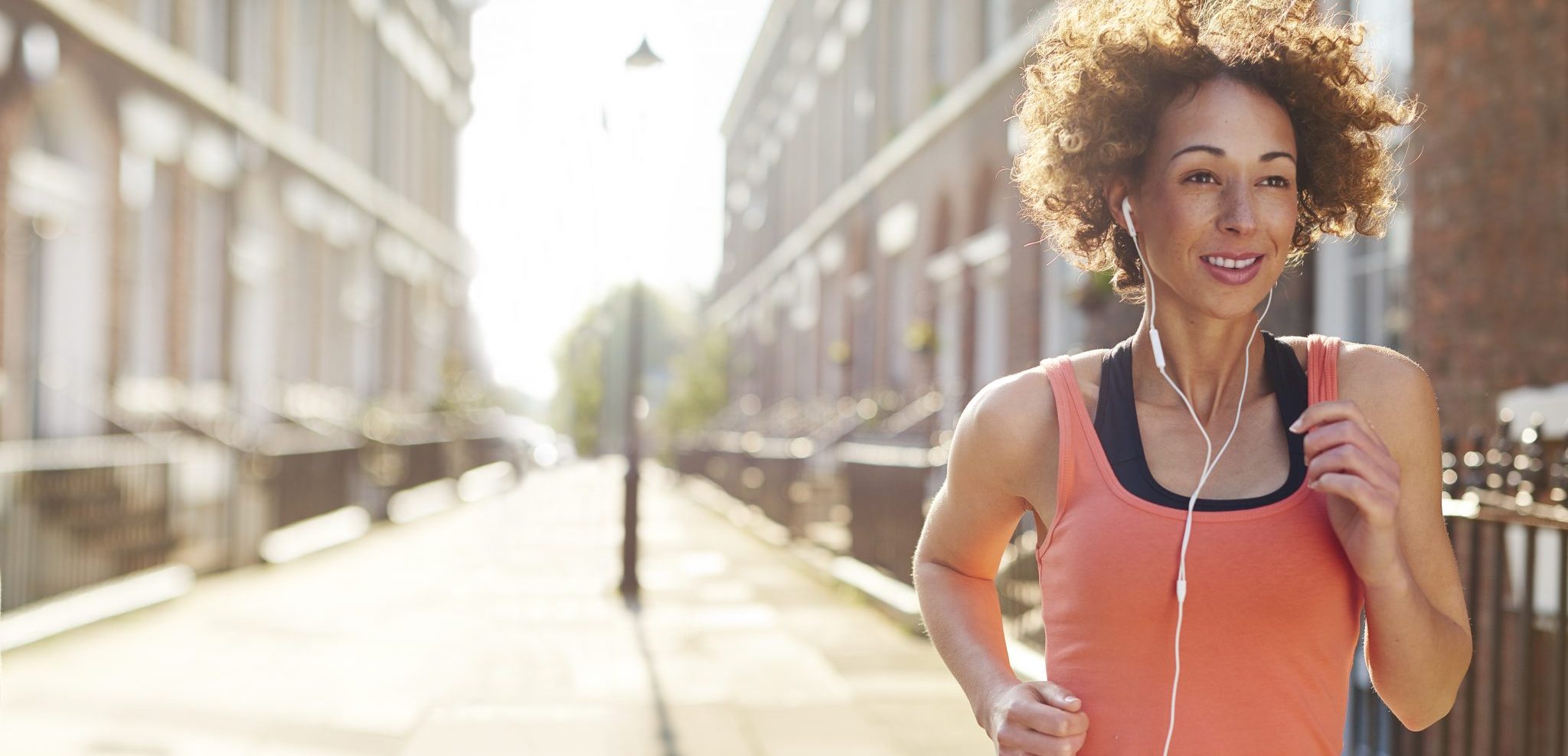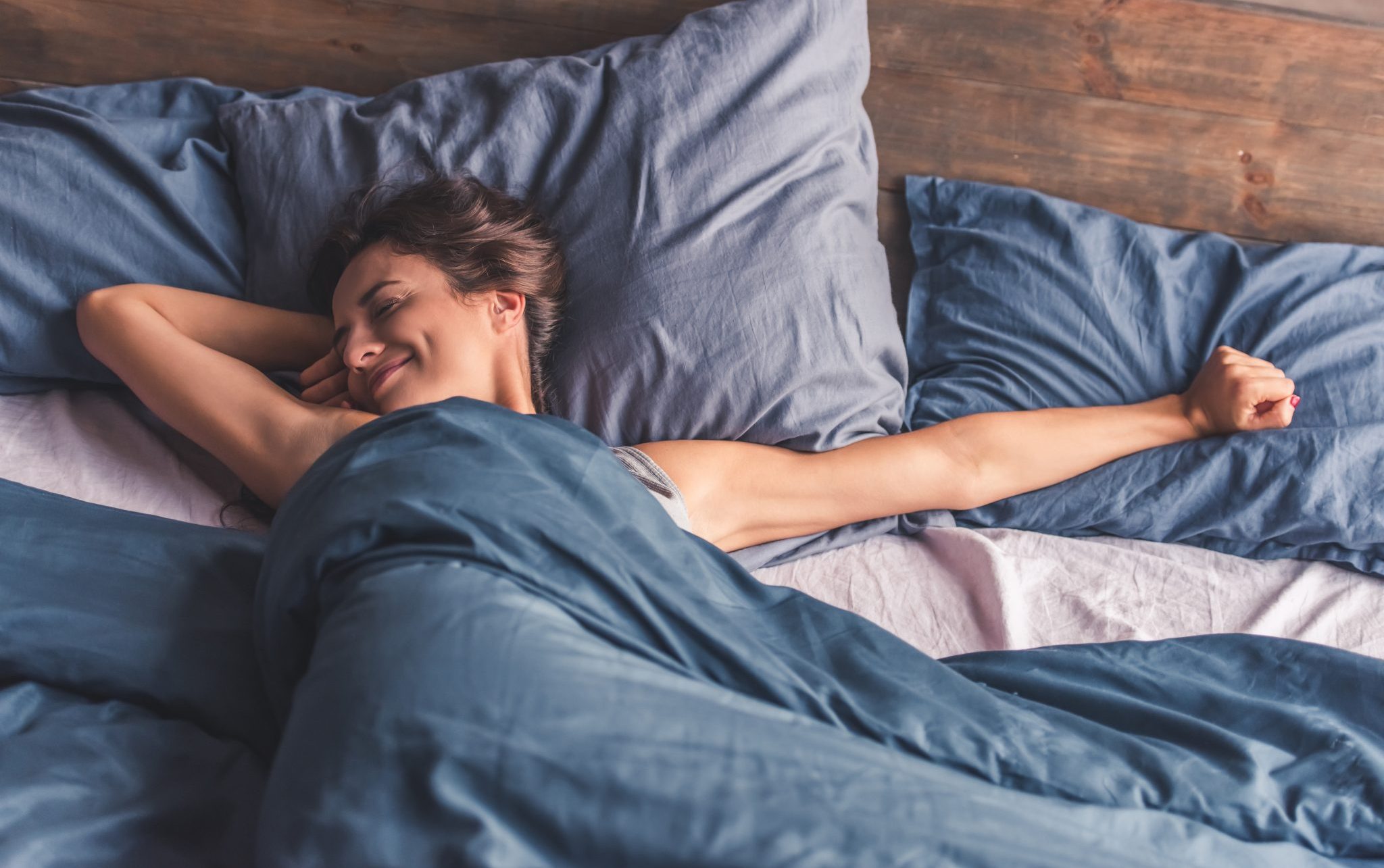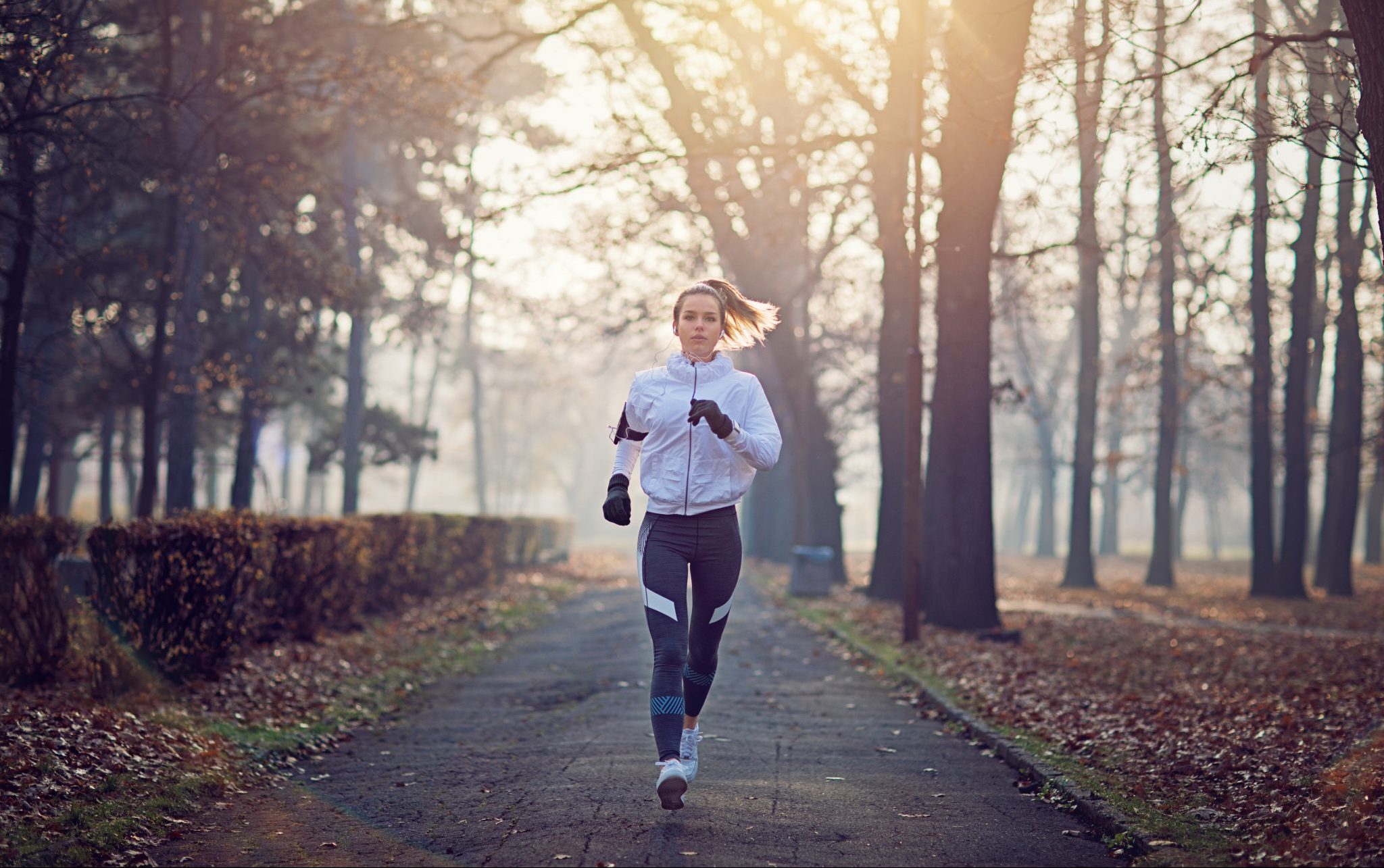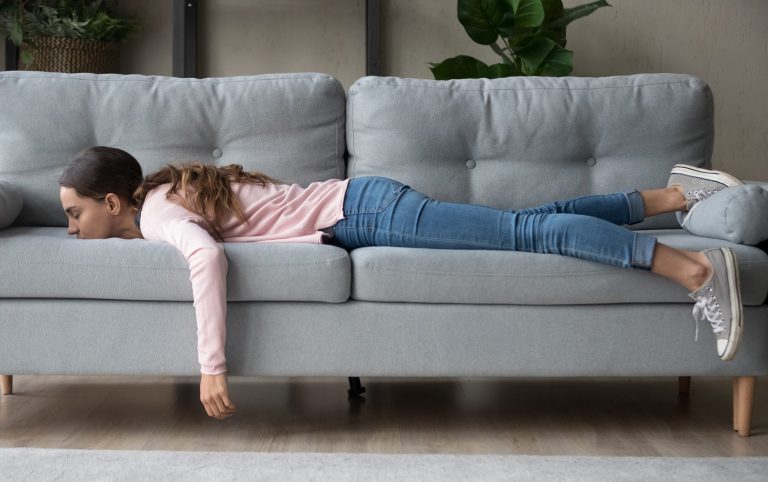Have you tried all the magic herbal potions, chamomile incense sticks and calming meditation music to help you sleep better at night? Well if you have but are still struggling to get a good night’s sleep, there might just be one thing you have been missing out on. Turns out, other than keeping our bodies healthy, exercise improves sleep quality and can even bring relief to those suffering from insomnia. Here are the how’s and the why’s.
Why does exercise help us sleep better?
Exercise increases the amount of deep sleep you get
Deep sleep is the part of the sleep cycle responsible for the rejuvenation process of the brain and body. With this increase, we wake up more rested and feel more energized throughout the day.
Exercise causes your core body temperature to rise
This temperature increase is interpreted by our body's clock as a cue to be awake, which explains why we feel energized immediately after working out. However, after about 30 to 90 minutes the core body temperature begins to decline, which may induce a feeling of drowsiness. It’s great if this is timed to fit in with your bedtime, as it might make you fall asleep more quickly.
So, will you feel sleepy for the rest of the day if you exercise in the morning? Don’t worry, the answer is DEFINITELY NOT. Yes, you might feel just a teeny bit drowsy an hour or so after exercising, but this feeling will quickly disperse once your core body temperature goes back to its normal levels.
Exercise alleviates stress
Stress is one of the most common things that keeps us up at night. We often spend a good chunk of our bedtime worrying about the happenings of the past day, and the incomplete tasks of the next. Incorporating some physical activity into our day can help us escape that vicious thought cycle at nighttime and send us straight into dreamland.
Exercise increases sleep duration
It’s not rocket science knowing that we sleep better when feeling more tired. Exercising causes our bodies to expend more energy during the day, making us more sleep-ready when it comes to nighttime.
Types of exercise for better sleep
Now, when it comes to incorporating this knowledge into your daily life, you may be wondering what exercises work best to improve sleep quality. The good news is that you can be flexible with what activity you choose. Studies show that regardless of whether it is cardio or cardio + resistance training, exercise can lead to better sleep and overall health.
Whether it’s joining a gym class, going outside on a light jog, or doing some stretches on a yoga mat in the comfort of your own home, any physical movement is better than none. What’s important is picking an exercise that will bring you the most joy and will be easily fitted into your normal routine. That way you will be more likely to stick with it! Finding time to exercise regularly (rather than as a one-off trick) will maximize the previously mentioned effects on sleep.
How much should you exercise?
Regardless of how wonderful exercise is for our overall health, make sure not to over-do it. In fact, training too much can cause to sleep difficulties and insomnia. Studies show that as little as 20-25 minutes of exercise a day can lead to improved sleep. So, there is no need to “hulk-out” and be lifting weights all day long. Remember to listen to your body and be as consistent as possible for the best results.
When is the optimal time to exercise?
Unfortunately, there is no straightforward answer to this. While morning exercise has been shown to boost deep sleep, working out close to bedtime can help you fall asleep more quickly due to the rising and the dropping of your body temperature.
As a general rule of thumb, however, it’s advised to perform more demanding physical activities earlier in the day, reserving the less strenuous exercises for the evenings to ensure good quality sleep. This is because exercise encourages the release of chemicals called endorphins which for some individuals may temporarily raise the activity in the brain. This particularly concerns those suffering from sleep disorders like insomnia. But don’t worry! These effects only last 1-2 hours, so as long as you give yourself a bit of time to wind down before bed, you should be all set for a great night of sleep.
If you prefer exercising right before climbing into your bed, try some simple yoga movements which will help you unwind without revving up your body too much.
Like with most things, there is no one-size-fits-all technique to maximize the benefits of exercise for better sleep. Play around with the types of workouts, and the times in which you do them to find out what works best for you.
Final note
Nearly 9 million adults in the U.S. turn to prescription sleeping pills on a regular basis. Perhaps it’s worth leaving those aside and giving exercise a try instead? Not only will you be rewarded with a night of sound sleep, but a clearer head and a healthier body too!







